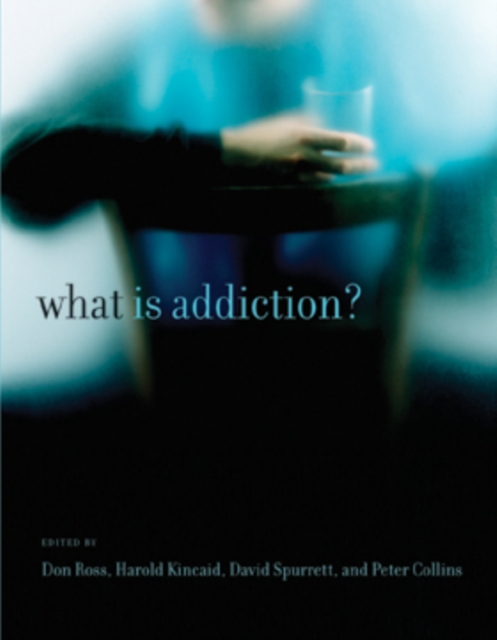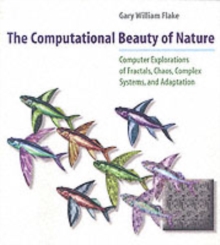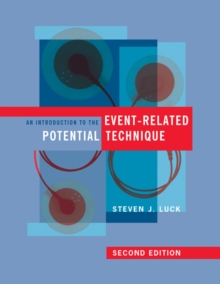
What Is Addiction? PDF
Edited by Don Ross, Harold Kincaid, David Spurrett, Peter Collins
Part of the A Bradford Book series
Description
Leading addiction researchers survey the latest findings in addiction science, countering the simplistic cultural stereotypes of the addict.
The image of the addict in popular culture combines victimhood and moral failure; we sympathize with addicts in films and novels because of their suffering and their hard-won knowledge. And yet actual scientific knowledge about addiction tends to undermine this cultural construct. In What Is Addiction?, leading addiction researchers from neuroscience, psychology, genetics, philosophy, economics, and other fields survey the latest findings in addiction science. They discuss such questions as whether addiction is one kind of condition, or several; if addiction is neurophysiological, psychological, or social, or incorporates aspects of all of these; to what extent addicts are responsible for their problems, and how this affects health and regulatory policies; and whether addiction is determined by inheritance or environment or both. The chapter authors discuss the possibility of a unifying basis for different addictions (considering both substance addiction and pathological gambling), offering both neurally and neuroscientifically grounded accounts as well as discussions of the social context of addiction. There can be no definitive answer yet to the question posed by the title of this book; but these essays demonstrate a sweeping advance over the simplistic conception embedded in popular culture.
Contributors
George Ainslie, Jennifer D. Bellegarde, Warren K. Bickel, Jennifer Bramen, Karen O. Brandon, Arthur Brody, Peter Collins, Jack Darkes, Mark S. Goldman, Gene M. Heyman, Harold Kincaid, Edythe D. London, James MacKillop, Traci Man, Neil Manson, John E. McGeary, John R. Monterosso, Ben Murrell, Nancy M. Petry, Marc N. Potenza, Howard Rachlin, Lara A. Ray, A. David Redish, Richard R. Reich, Don Ross, Timothy Schroeder, David Spurrett, Jackie Sullivan, Golnaz Tabibni, Andrew Ward, Richard Yi
Information
-
Download - Immediately Available
- Format:PDF
- Pages:464 pages
- Publisher:The MIT Press
- Publication Date:05/02/2010
- Category:
- ISBN:9780262288248
Information
-
Download - Immediately Available
- Format:PDF
- Pages:464 pages
- Publisher:The MIT Press
- Publication Date:05/02/2010
- Category:
- ISBN:9780262288248










